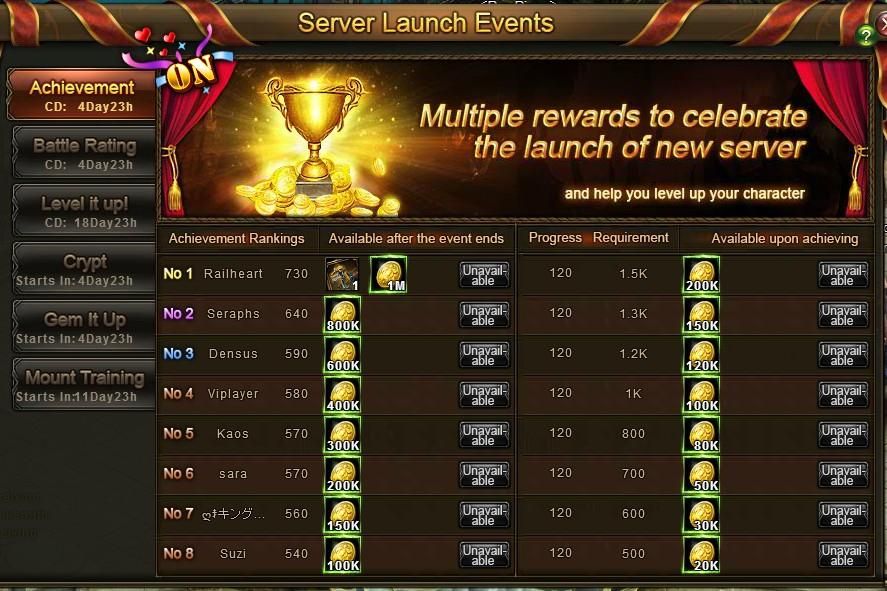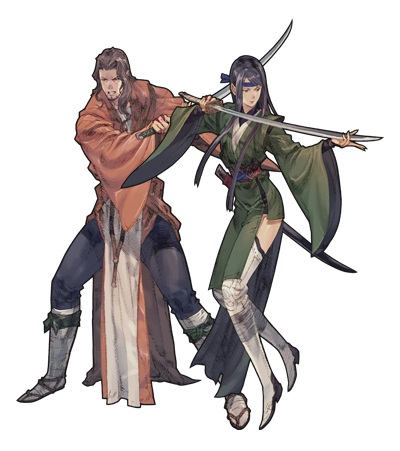

Wealth which, of course, comes from the resource production of the southern clans. Basho is feudal land ruled by the Lord Council, with all the wealth controlled by the northern clans. Smith has developed a cool, Japanese-inspired world that feels authentic to the kind of world you’d find in Japanese myth and folklore. I would, of course, be remiss for not mentioning the worldbuilding in The Blood of Outcasts. Masako demands attention and I couldn’t have said no if I wanted. And, I really appreciated seeing a female character given such humanizing character traits because they’re too often shallow, misogynist cardboard cutouts put in place to support male characters. Even if I can’t agree with her methods and certainly wish she made better decisions, the fact is that Masako is written as entirely too human, with messy emotions and deep-seated anger and pain. Literally everything, her skill with the katana, her Master and only family she had ever known, is stripped from her and she must claw her way toward avenging the dishonor against her clan. She’s also older and because of the wounds sustained when she was left for dead, she is no longer as proficient with her katana. She is brash and cocky to a fault, which is then only amplified with the loss of her clan and everyone she loves. Through flashbacks, we see who she was before what lead her to the events of the beginning of the book and it’s hard to say that I wouldn’t make the same choices. It’s these moments where I really grew to appreciate Masako as a protagonist. Though she is at times a rage monster, she also has moments of extreme vulnerability and doubt. I think also it’s important to mention just how refreshing it is to read a character like Masako. “Have you ever wondered why the gods are gone, but the demons remain?” Masako is often a character that I found difficult to like because of this, but unlikeable doesn’t always mean uninteresting and Masako was everything but! In many ways I would liken her more to Samurai Champloo’s Mugen than Kenshin. Kenshin strives for atonement through peace and Masako through a blood-drenched trail of broken bodies. They each devote the “second” lives they’ve been given to justice, but they differ greatly on how they go about achieving it. Masako is far from Kenshin, further than I am from Japan itself. What I found surprising after reading this though, was that he turned the story of Rurouni Kenshin, the wandering samurai forever trying to atone for the mistakes of his past, on its head. Smith openly states that The Blood of Outcasts is his love letter to the anime Rurouni Kenshin and I can see that this story really wears that on its sleeve. Instead, in her quest for justice she inevitably becomes the very thing she’s out to destroy. The problem is that after Masako was brought low by the Lord Council, she never rose out of the mud. Her entire clan was destroyed and she was left for dead because of the greed of the ruling clan, so most would agree that that is plenty of justification for her to get revenge. Masako is, ultimately, a good person on a righteous quest. I really enjoyed the layers of emotion that was explored throughout the novel.

And, it is that in spades, but it’s also so much more.

Masako’s story is on the surface one of vengeance-of righting a wrong committed against herself and her family. A wildness that won’t give way until they are all gone. Spoiler warning, it’s great!Įmerging from the waters, the droplets drip off me and so does the pity, the sadness I feel for myself, because now it is only anger. It came as a complete surprise, however, when he dropped an entire novel out of nowhere at the beginning of the year! What made it even greater was the premise, a Japanese-inspired tale of revenge and his personal love letter to Rurouni Kenshin! Sold! Though I am lucky to call Dan a friend, the following review is not influenced by that and are my personal thoughts about the book. I’ve known Dan was writing for a while now, watching his updates on Twitter as he posted about meeting various writing milestones and such. Demonic rumours and a destructive past sow doubt in her campaign before it is begun. Only, Masako was executed, she’s meant to be dead. With it, she must unite the outer clans, move past old rivalries and worse, or face annihilation at the hands of a foreign sect of sorcerers, the Taosii, and their silent invasion. It is her cursed blood that cries out, and a godsborne that answers.īy the power in her blood, and a promise made with it, she’s given a second chance. Masako escapes the Lord Council with only her life intact, her clan shattered and master dead in wake of disaster she wrought. What if spilling your own blood was the only way to save yourself?


 0 kommentar(er)
0 kommentar(er)
